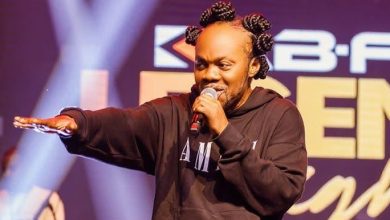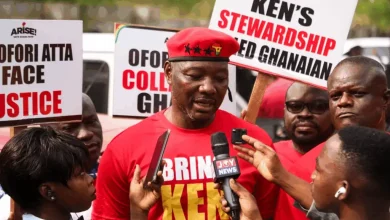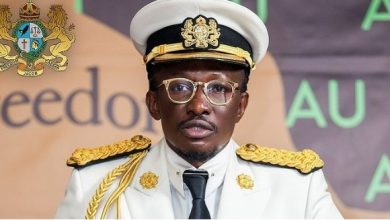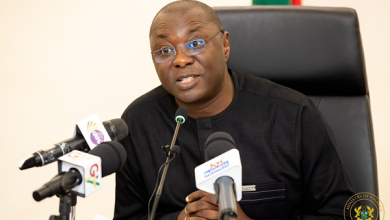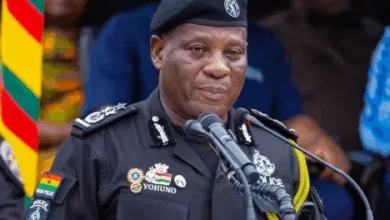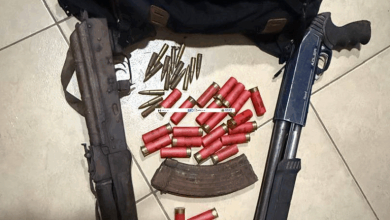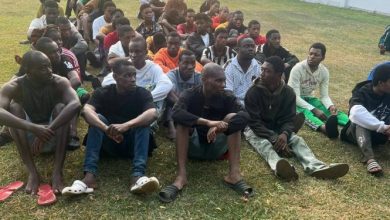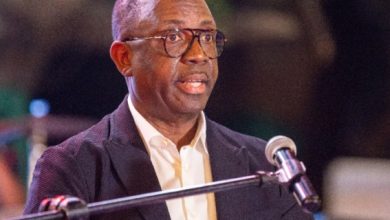GHS warns of possible new variant of COVID-19 during Christmas
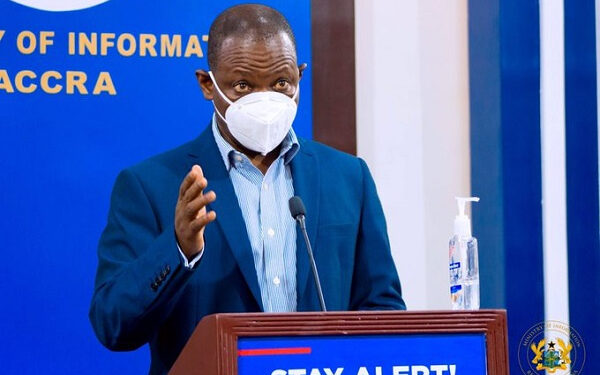
The Ghana Health Service (GHS) ahead of the Christmas festivities is warning the country could record a new variant of COVID-19 if the necessary protocols are not adhered to.
The Service indicates that, the country is likely to experience a surge in COVID-19 cases given that some countries around the world have seen hikes in cases due to a change in weather conditions.
At a media briefing in Accra, the Director General of the GHS, Dr. Patrick Kuma-Aboagye expressed the Service’s preparedness to contain any upsurge.
“There is also a potential for a new variant just like we had during the last Christmas -the Omicron variant. So, we also have to look at that as a risk factor, and so we need to be alert and make sure that we sustain the gains made so far, so we don’t go back to where we were many months ago.”
He also mentioned that, the mass vaccination campaign re-launched last week ahead of the yuletide has recorded a little over one million people receiving the jab.
Dr. Patrick Kuma-Aboagye urged opinion leaders to continue to entreat their opinion leaders to take the vaccines.
The Ghana Health Service from Wednesday, December 14, commenced the vaccination of citizens who are yet to be vaccinated against Covid-19.
The latest vaccination drive which ends today, Monday, December 19, 2022 was expected to last for five days to prevent a possible surge in cases of Covid-19 before, during and after the Christmas festivities.
Under the theme, Protect Yourself, Protect Your Family, Get Vaccinated Against Covid-19, this edition was expected to vaccinate over 1.4 million people between 14th and 18th December 2023.
The GHS has currently administered a total of 21,179,341 vaccine doses as of November 30.
Existing Covid-19 prevention measures at the airport for visitors have been strengthened to reduce the number of cases which may enter the country.
Source: Citi Newsroom

